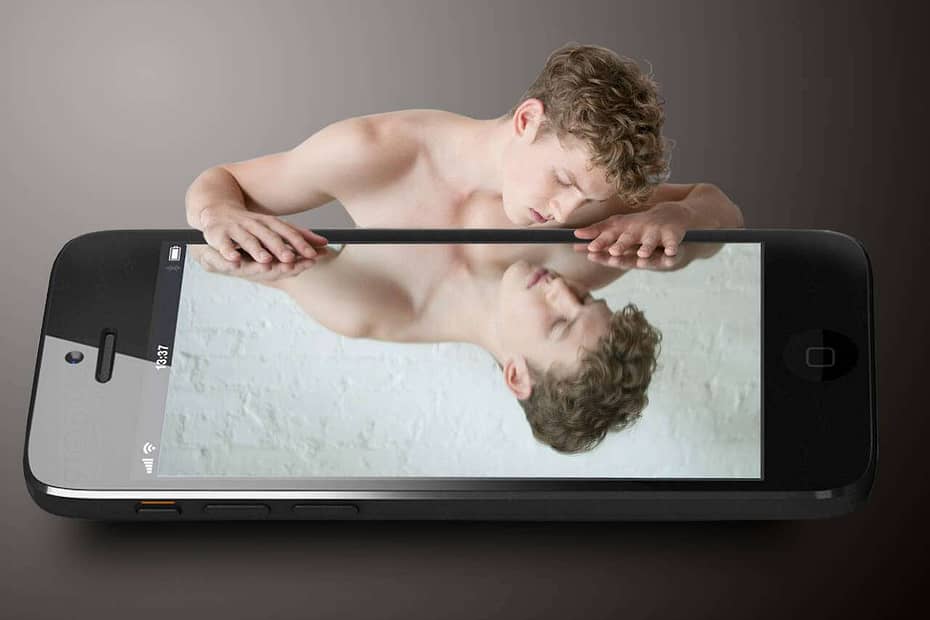Mark Simpson was recently email interviewed by Beverly Parungao for a Sydney Morning Herald piece titled ‘Are Men Becoming Too Metrosexual?’ . Below are his unapologetic, uncircumcised replies.
BP: What is driving the metrosexual movement?
MS: Self-love – and a certain amount of self-loathing – is certainly a powerful dynamo.
But ultimately what we’re seeing here is nothing less than a revolution in masculinity in particular and gender relationships in general.
Metrosexuality isn’t about flip flops, facials or manscara, or about men becoming ‘girly’ or ‘gay’ – it’s about men becoming everything. Everything that they want to be.
Why are men today more concerned with their appearance?
Because they’re worth it. As advertising has told women for decades. Men make up c. 50% of the marketplace and need to pull their weight in the shopping mall if consumerism is to survive. They certainly seem to have upped their game rather a lot in the last decade or so….
We’re also living in a culture in which women have enthusiastically taken on previously ‘male’ preserves – from drinking pints to joining the world of work to actually having orgasms. Men, especially younger men who’ve grown up with all this as the norm, have worked out that they too can now appropriate products, practises and pleasures once deemed ‘gay’ or ‘girly’ and therefore out of bounds. The much greater acceptance of gay people has also reduced the stigma associated with men stepping out of their stereotype.
Most of all, we’re living in a visual, looking-glass culture of selfies, Facebook, Twitter, reality TV and Men’s Health covers. Metrosexuality represents men’s adaptation to this new world order – men can’t just ‘act’ any more they have ‘appear’ too, to be looked at. To be noticed. To be a brand. To be wanted. Male vanity isn’t empty and indulgent – it’s a survival strategy.
In our shiny, highly reflective 21st Century the sexual division of looking has thoroughly broken down, and men now ache to ‘objectify’ themselves.
Even and especially sportsmen who used to be the embodiment of ‘blokes’ and ‘regular guys’ who were supposed to be only concerned, ‘at the end of the day’, with ‘the team’ and ‘doing their job’, have become glossy, inked, pneumatic sporno stars.
You might be forgiven for thinking a lad only plays football or rugby these days as a way of starring in those saucy ads for Armani underwear and those tarty rugby and rowing calendars.
Manscaping is one the rise, but so too is male cosmetic surgery (in Australia and America). Do you view this as trend as part of the metrosexual movement?
Absolutely. The male body, once the last frontier of consumerism, has been totally commodified. Masculinity has been thoroughly aestheticized. I would add to the trend for cosmetic surgery and manscaping man-bits the way that men uses tattoos to shade and emphasise their worked-out muscles. The male body has become a living work of art.
Ironically the total ubiquity of beards at the moment is proof of that. No longer a secondary sexual characteristic or badge of blokedom they’re just another sweet male accessory. Another way today’s chaps ask you to adore them.
Should women be concerned that the metrosexual male is now mainstream?
They should certainly get used to it!
Many women I know welcome the fact that men nowadays are not only better turned out, more worked-out, sensual creatures who are rather better in bed as a result – but also the fact they’re more independent. Self-maintaining. They might spend forever in the bathroom but they are much more likely to be able to operate a cooker or washing machine and even buy their own underwear. Which is an advantage in a job market where women might be working while their partner is not – and where men might be staying at home looking after the kids.
Though for some women, perhaps with more traditional ideas about sex roles and the ‘complementarity’ of the sexes, adjusting to the new metrosexual order could be difficult. But then, a lot of chauvinistic men had trouble adjusting to the changes brought about by women’s lib.
In their quest to be desired have men become too sexy, too feminised and therefore less desirable to women?
You should probably ask women about that…. Though women aren’t always completely truthful in their answer to that question. Quite a few assert that they find a man who spends longer than them in the bathroom – which probably means just as long as them – a total turn off. But then they go completely bananas over a guy who clearly spends hours in the bathroom and every evening in the gym. Trust me, men have noticed this discrepancy!
The only hope for heterosexuality is double ensuite bathrooms.
Mark Simpson’s Metrosexy: A 21st Century Self-Love Story is available from Amazon in Kindle form and also in physical/fondle form.
Selfie Narcissus image taken from here
